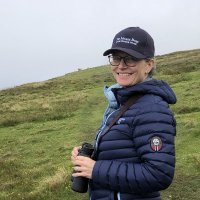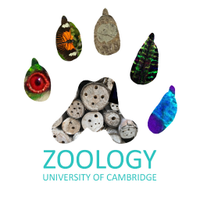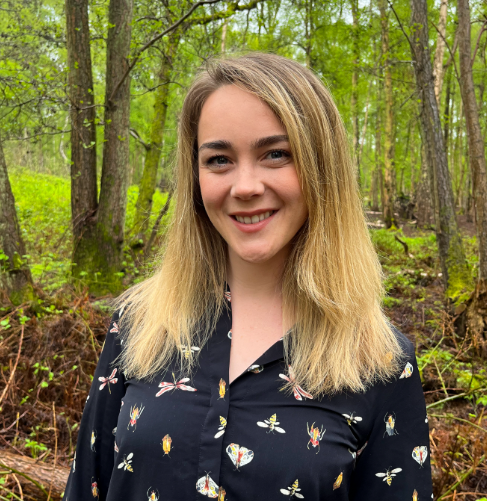
Lynn Dicks
@lynndicks
Ecology Prof @CamZoology; @Selwyn1882; @NaturalEngland. Entomology, agriculture, evidence-based conservation. linkedin.com/in/lynn-dicks-…
ID: 501852965
https://www.zoo.cam.ac.uk/directory/professor-lynn-dicks 24-02-2012 15:03:08
6,6K Tweet
6,6K Followers
2,2K Following

🎉Congratulations! Ellie Bladon on becoming the first Pathway to Independence Fellow in Ecology and Conservation Biology at Clare College Read more: bit.ly/4encSuX



Theory not supported: patches of woody habitat in S. Indian rice landscapes do not enhance crop yields by providing ecosystem services, unless at least 10% of total area. They do support tree-affiliated birds at all levels of cover. Paper by Iris Berger doi.org/10.1007/s10980…



Food security & biodiversity loss are inextricably linked, but usually managed separately in policy & practice. In May 2024, we held a workshop in Andhra Pradesh, to find ways forward. frontiersin.org/journals/susta… Led by Iris Berger with 32 authors. Dept of Zoology GlobalFoodSecurity


Opening tomorrow! The Future of Food at London's Science Museum.org.uk all about how food🥗must change to protect our planet🌍. Featuring research by Prof Lynn Dicks' #Agroecology Group, including Iris Berger. Book your free tickets: bit.ly/4lyxWkL



Here's a rare opportunity! A permanent academic position in ecology, evolution & conservation Dept of Zoology with a focus on teaching, not research jobs.cam.ac.uk/job/51808/ Please RT British Ecological Society Royal Entomological Society Deadline 7 September.

I was very pleased to present our work in the Healthy Soil, Healthy Food, Healthy People (H3) project on #regenerativeagriculture to the Agriculture Minister last Friday.

New research published today led by the amazing Iris Berger . 'Zero budget natural farming' looks like part of the solution to the biodiversity crisis. It's profitable, productive and nature-friendly, but it's no substitute for natural forests. zoo.cam.ac.uk/news/zero-budg…

📢Publication alert! PhD student, Iris Berger and Prof Lynn Dicks's paper is published today in NatureEcoEvo It analyses one of the world’s biggest agroecological transitions, and its exciting implications for biodiversity and economics. Read more: bit.ly/4nht5Wi


A 1970s eco-student says: Great to hear Lynn Dicks talking about this on BBC Radio 4 Today. For decades I’ve tried to practise in my gardens what she said: don’t be too tidy. I went lawn-free, have three small ponds, and aim to keep on site anything I cut – piling and composting. >

📢Publication alert! Insect biodiversity research: 🪰Large-scale analysis finds livestock ranching threatens aquatic insects 🐝Model predictions show no overall UK insect occupancy decline Find out more: bit.ly/3ItHlvU Insect Survey Lynn Dicks Andrew Bladon


Love cashew nuts? Did you know they depend on pollinators? @iris_berger_'s work Dept of Zoology shows that Zero Budget Natural Farming (ZBNF) in India strongly increases numbers of pollinating insects on cashew flowers. Pictures by Oli Broadhead doi.org/10.1016/j.agee…



